
Pregnancy is a transformative time, and expecting mothers often receive plenty of advice about what to eat and what to avoid. While many foods can provide essential nutrients for both the mother and the baby, some can pose risks and should be carefully managed or avoided entirely. To shed light on this topic, we consulted with Dr. Latha Sashi, Chief Nutritionist and Head, Dept. of Clinical Nutrition and Dietetics, Fernandez Hospital & Ankita Das, Clinical Dietitian, Fernandez Hospital to know about this in detail:
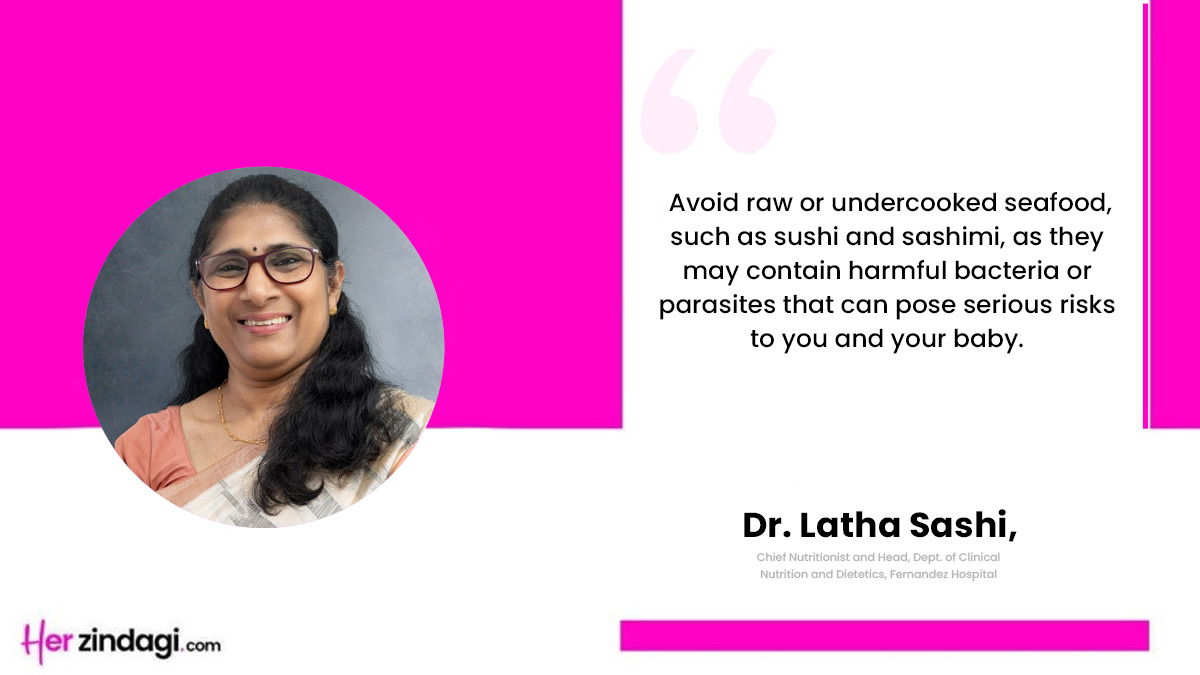
Dr. Latha Sashi, Chief Nutritionist and Head, Dept. of Clinical Nutrition and Dietetics, Fernandez Hospitalemphasises that raw or undercooked foods can harbour harmful bacteria and parasites that pose risks to both the mother and the baby. “Avoid raw or undercooked seafood, such as sushi and sashimi, as they may contain harmful bacteria or parasites that can pose serious risks to you and your baby”, she explains. It's crucial to cook seafood, meat, and eggs thoroughly. Raw or undercooked eggs can contain Salmonella, a bacterium that can cause food poisoning.
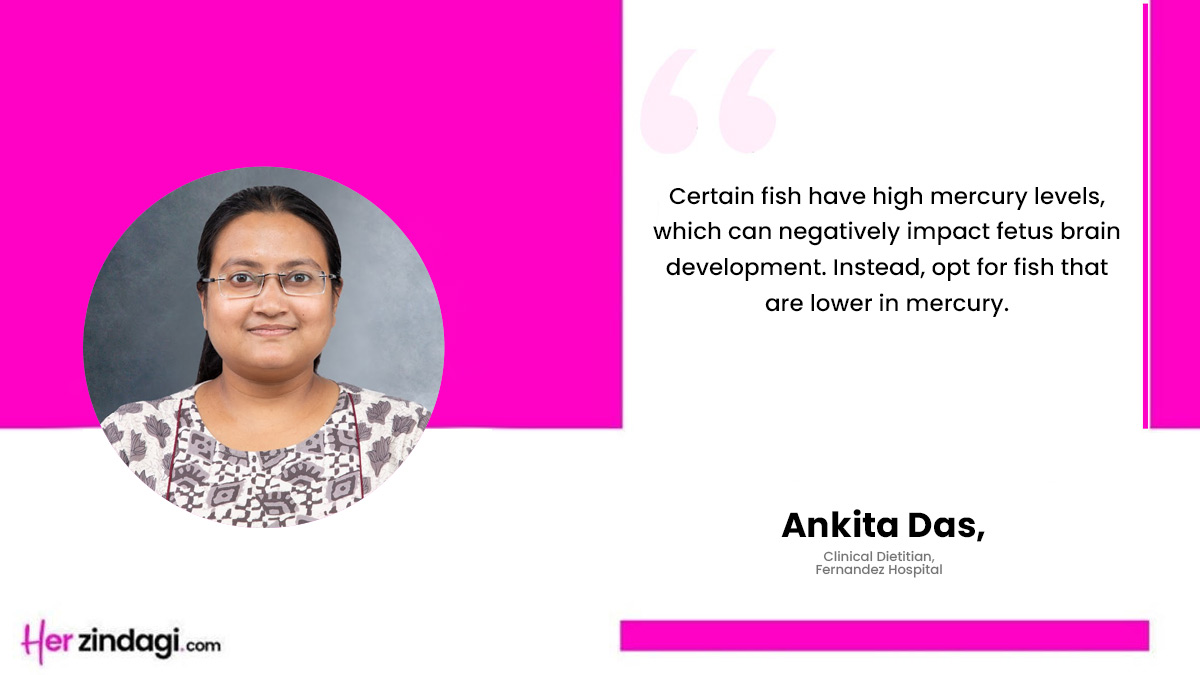
Ankita Das, Clinical Dietitian, Fernandez Hospital says that, “Certain fish have high mercury levels, which can negatively impact fetus brain development. Instead, opt for fish that are lower in mercury, such as salmon and shrimp, which provide beneficial omega-3 fatty acids”. These essential fats are vital for the baby’s brain development but should be consumed in moderation.
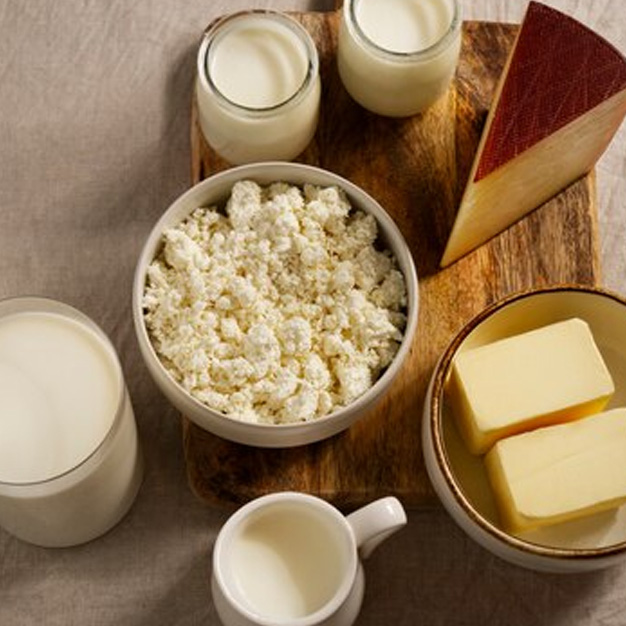
Unpasteurised or raw milk and cheeses pose significant risks due to potential contamination with harmful bacteria, such as Listeria. The expert states that, “Unpasteurised milk and soft cheeses can carry Listeria, a bacterium that can lead to listeriosis, a severe infection during pregnancy that can cause miscarriage, stillbirth, or illness in newborns.”
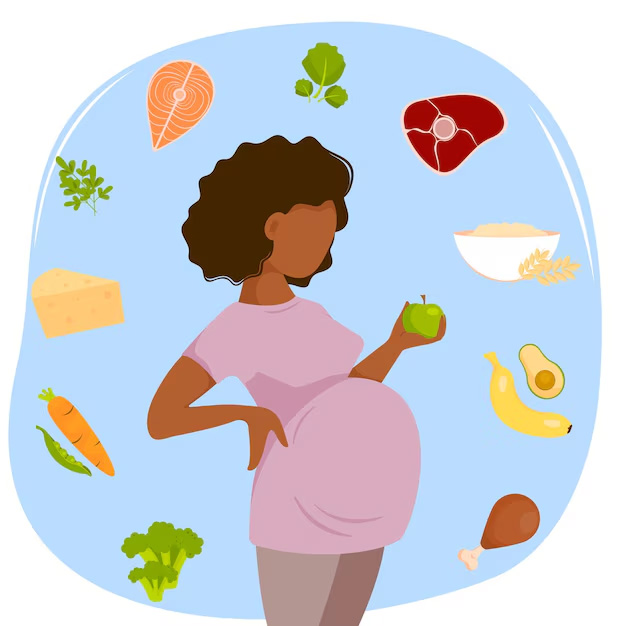
“Raw sprouts like alfalfa and radish can carry bacteria such as E. coli and Salmonella. Pregnant women should avoid raw sprouts or cook them thoroughly before eating, says the expert. According to the FDA report, sprouts are safe to consume when cooked.
Don't miss: High-Protein Lunch Ideas: Expert Tips On What Keeps You Full and Energised
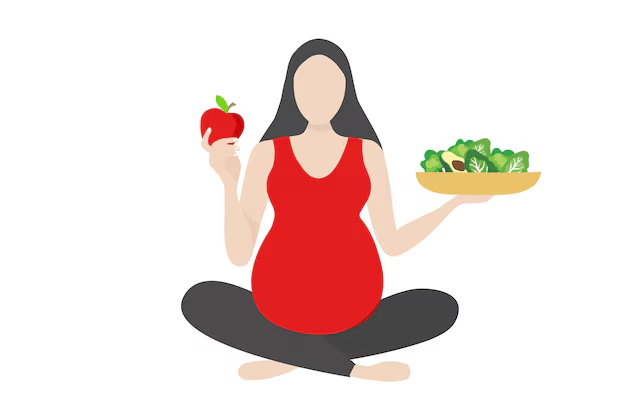
Moderate caffeine consumption is generally considered safe during pregnancy, but excessive amounts can be harmful. “Excessive caffeine can lead to dehydration and may affect fetus development. Limit your intake to less than 200 mg per day, or about two medium cups of coffee,” says the expert.
Don't miss: Water Fasting Explained: Benefits And Why People Choose It
Alcohol consumption during pregnancy is a well-established risk factor for Fetal Alcohol Spectrum Disorders (FASDs). Both the experts shared that, “No amount of alcohol is considered safe during pregnancy. It’s best to avoid alcohol entirely to ensure the health and well-being of the baby.”
Note: Make sure to consult with your healthcare provider about any dietary plans and concerns during pregnancy.
For more such stories, stay tuned to HerZindagi.
Image credit: Freepik
Also watch this video
Herzindagi video
Our aim is to provide accurate, safe and expert verified information through our articles and social media handles. The remedies, advice and tips mentioned here are for general information only. Please consult your expert before trying any kind of health, beauty, life hacks or astrology related tips. For any feedback or complaint, contact us at [email protected].